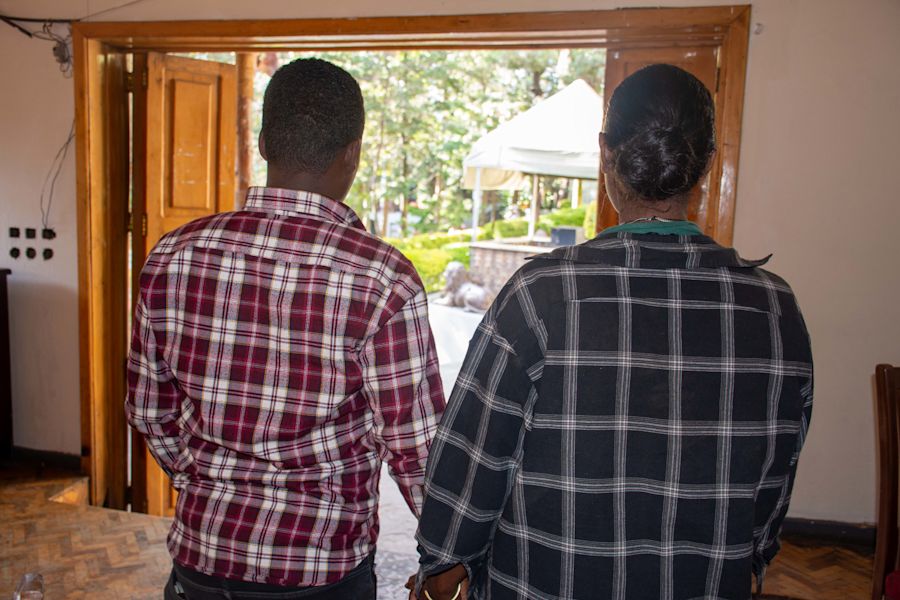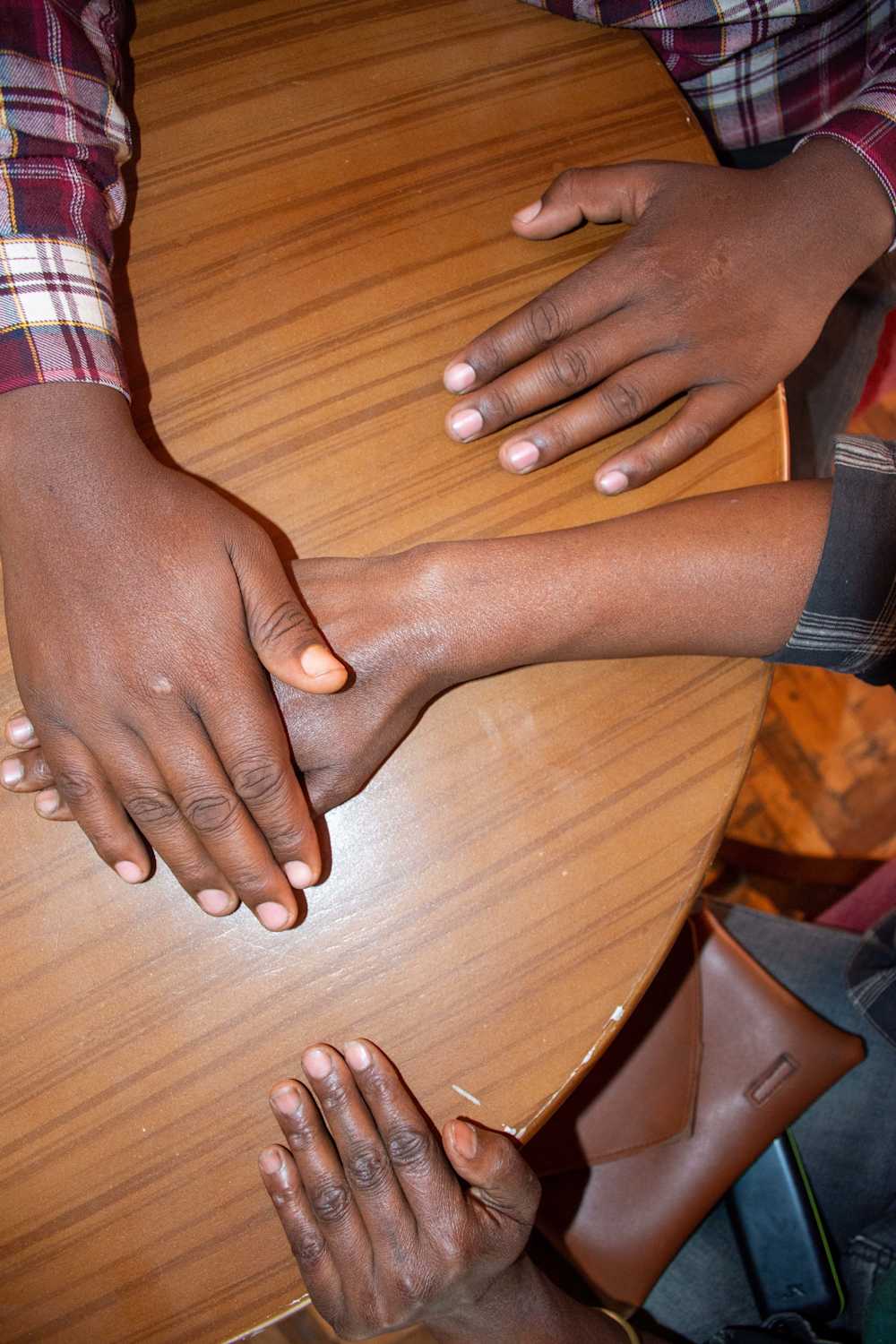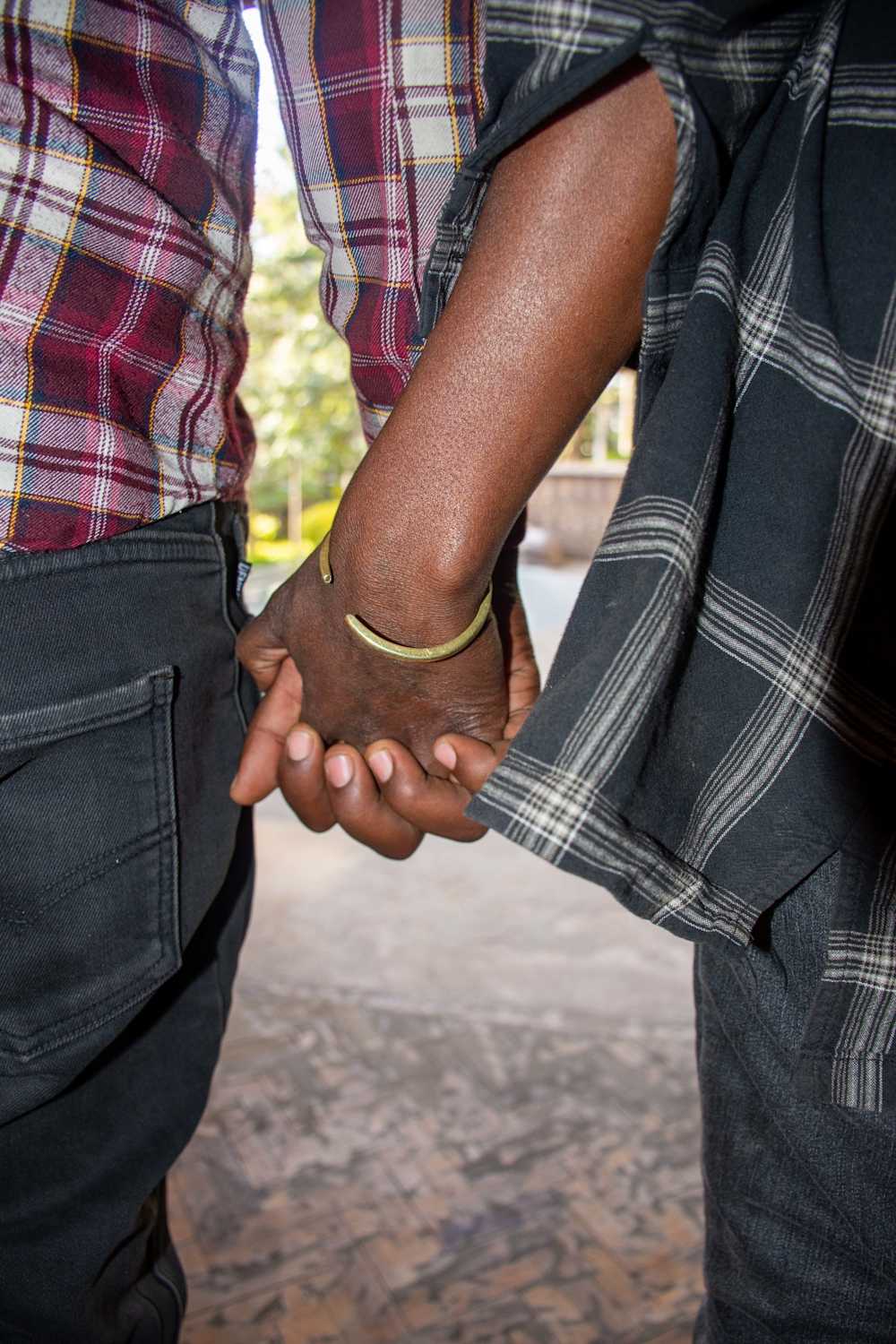
From Foes to Forever
The Transformative Power of Dialogue
In the heart of Shashemene, Ethiopia, a remarkable transformation has taken place. While the town has long been known for its diversity and peaceful coexistence, over the past decade or so it has experienced periods of tension and unrest. These challenges were exacerbated further by the tragic assassination of popular Oromo singer Hachalu Hundesa in 2020. The widespread grief and unrest that followed highlighted existing divisions, and in some cases, resulted in outbreaks of violence in Shashemene and its environs.
Through the collaborative efforts of the Life & Peace Institute (LPI) and Biftu Birra for Humanitarian Organization (Biftu Birra), a community initiative was launched to foster dialogue and mutual understanding among diverse ethnic groups. This programme has brought about meaningful change, creating spaces for connection and healing. At the heart of this effort are the stories of individuals like Sultan Desta and Azmera Alemu, who, despite growing up in an environment marked by division and fear, found common ground and built a relationship rooted in understanding and hope. Their journey reflects the possibility of a more unified future, even in the face of deep-seated challenges.
Born and raised in Shashemene, Sultan, a 28-year-old poultry farmer, grew up in an environment shaped by historical grievances and political influences that deepened divisions between communities. Like many of his generation, he was influenced by the political climate and historical narratives of the past. He struggled with negative perceptions of other ethnic groups. These perceptions were further reinforced by his involvement in politics and his personal experiences of imprisonment. Similarly, Azmera, a 26-year-old entrepreneur also from Shashemene, lived in constant fear of ethnic violence. Her fears were heightened after witnessing acts of violence against her community, leaving her deeply distrustful of others. Both Sultan and Azmera’s experiences reflect the broader challenges faced by many in Shashemene, where tensions and cycles of violence have left lasting scars on both individuals and the wider community, affecting social cohesion and relationships across different groups.
Their paths first crossed during a dialogue session facilitated by LPI and Biftu Birra in mid-2024. Despite initial hesitation and distrust, Sultan and Azmera began to see each other as individuals rather than representatives of opposing groups. Through shared stories and honest conversations, they discovered a shared humanity that transcended their differences.
Sultan's transformation began when Azmera posed a powerful question: "Why should we be punished for what our ancestors may or may not have done in the past?" This question sparked a journey of self-reflection and understanding for Sultan, leading him to question the narratives that had fueled his hatred. Similarly, Azmera found a safe space within the programme to express her thoughts and fears, gradually building trust and connection with Sultan and others.

The dialogue sessions, part of LPI’s "Sowing the Seeds of Peace in Ethiopia" Programme, supported by the Swedish International Development Cooperation Agency (Sida), were designed to create an inclusive space for participants from diverse ethnic backgrounds to come together and share their experiences. Through the dialogue sessions, LPI aimed to nurture and sustain civil society-led, inclusive peacebuilding processes for the prevention, management, and resolution of conflicts through peaceful means. Through these iterative dialogues, participants cultivated empathy for one another, gradually dismantling barriers of mistrust and prejudice, paving the way for deeper understanding and collaboration.
“Sowing the Seeds of Peace” has several key objectives that are woven into its fabric. One of the primary goals is to enhance the role of peacebuilding civil society organisations (CSOs), like Biftu Birra, in promoting dialogue and reconciliation efforts. Another crucial aim is to foster peaceful and inclusive environments in and around universities, encouraging stakeholders to take collaborative actions. The programme also seeks to address the root causes of conflicts sustainably, ensuring that communities can find lasting solutions. Finally, it strives to engage relevant policy stakeholders in supporting inclusive dialogue and peacebuilding processes throughout Ethiopia.
In Shashemene, Belay Asefa, a community facilitator for the dialogue group, recalls how at first both Sultan and Azmera resisted joining the dialogue sessions, but also witnessed first-hand how they transformed over time. As the dialogue sessions progressed, Sultan and Azmera's relationship evolved from small talk and shared walks to a deep and meaningful connection. Sultan, initially reluctant to join the community dialogue, was encouraged by the facilitators' persistence. Over time, he began to see the value of moving beyond hatred and embracing understanding. Azmera says the dialogue sessions provided a welcoming environment where, for the first time, she felt free to share her thoughts and fears in mixed-group settings without hesitation.
Their friendship, born out of dialogue and understanding, grew into love, culminating in their engagement – a powerful symbol of hope and reconciliation for their respective communities. Sultan’s message to his friends reflects his transformation: “We must move beyond the narratives that divide us and focus on what unites us as human beings. Respect and understanding are the foundation of peace. Our diversity is our strength, and together, we can build a future rooted in unity.” Azmera echoed this sentiment, stressing the importance of teaching future generations about the value of unity and beauty in diversity.

The story of Sultan and Azmera is a testament to the transformative power of dialogue and the human spirit's capacity for change. Through "Sowing the Seeds of Peace", they not only found love but also became advocates for peace and unity in their community. Their journey, along with the broader community-level impacts, reminds us that even in the face of deep-rooted division, empathy and connection can pave the way to a brighter, more harmonious future.
While the story of Sultan and Azmera is inspiring, the programme has also brought broader positive changes within the wider community where it has been implemented. Through ongoing dialogue sessions, many participants have reported shifts in their attitudes and perspectives, leading to increased trust and a greater willingness to collaborate across ethnic and religious divides. Community facilitators have reported a noticeable reduction in tensions during daily interactions, along with a stronger commitment to resolving conflicts peacefully. People who once avoided engaging outside their own groups, are now actively participating in shared social events and initiatives, reinforcing a collective responsibility for peace. The programme has also strengthened local peace structures by equipping community leaders and civil society organisations with the skills to facilitate dialogue and resolve conflicts more effectively.
Most recent blog posts
2026-01-13
Placing Local Voices at the Centre of Regional Peacekeeping ConversationsA Reflection from the Horn Dialogue Series IV